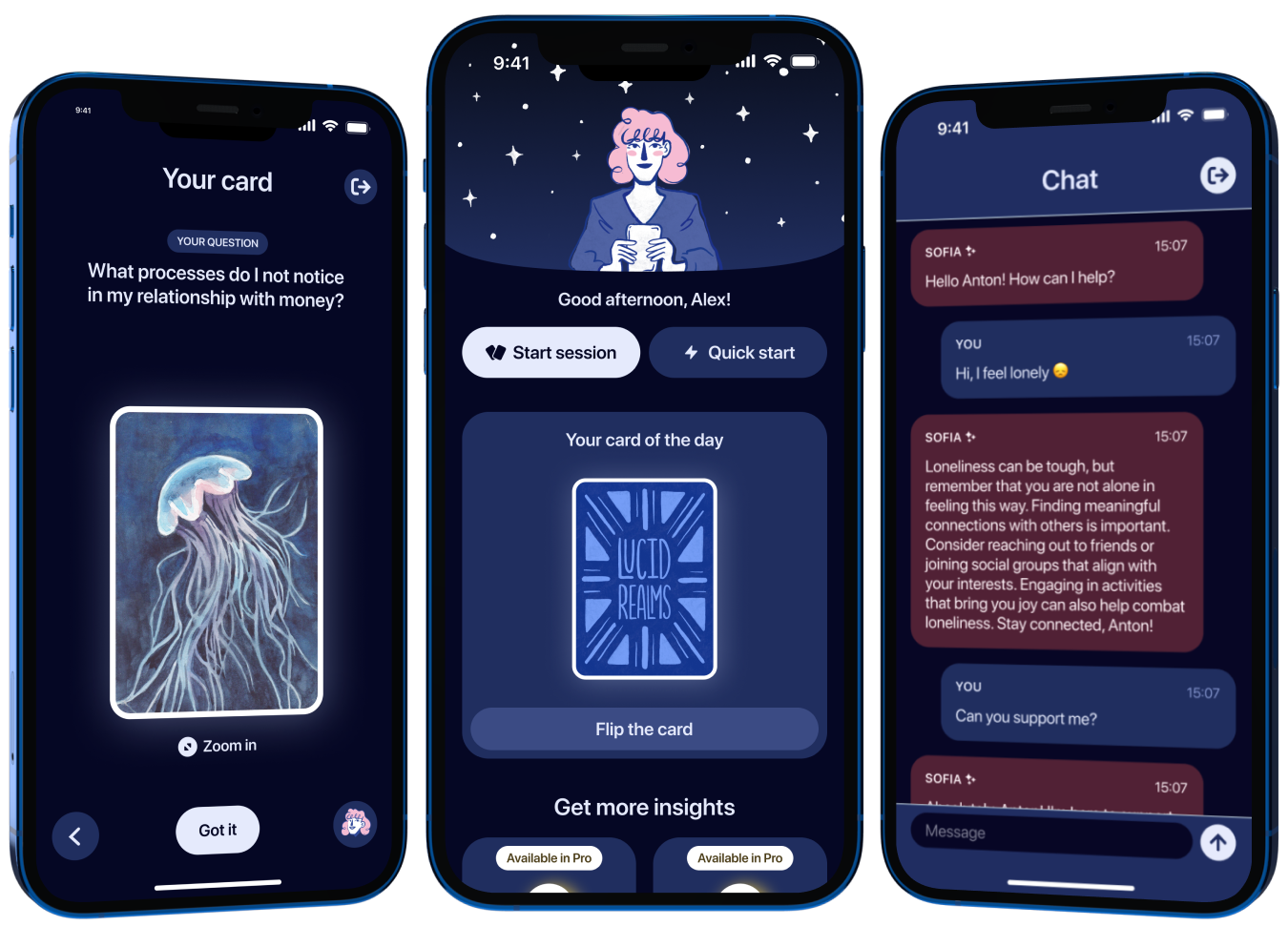We use cookies to give you a tasty experience!
Cookie Settings
We use cookies and data to:
Deliver an excellent service
Track outages and issues
Protect against spam, fraud and abuse
Measure site statistics to enhance the quality of our services
By continuing to browse our site, you’re agreeing to our use of cookies.
Deliver an excellent service
Track outages and issues
Protect against spam, fraud and abuse
Measure site statistics to enhance the quality of our services
By continuing to browse our site, you’re agreeing to our use of cookies.
Stress and Anxiety: What Are They and How Can You Beat Them?
Stress and anxiety are two of the most common mental health conditions in the world. They can affect people of all ages, genders, and backgrounds. Stress is a feeling of worry, tension, or unease. It can be caused by a variety of factors, such as work, school, relationships, or financial problems. Anxiety is a feeling of fear or worry that is more intense and persistent than stress. It can cause physical symptoms, such as a racing heart, sweating, and difficulty breathing.
Both stress and anxiety can have a negative impact on your physical and mental health. They can lead to problems such as headaches, stomachaches, sleep problems, and difficulty concentrating. In some cases, they can even lead to more serious conditions, such as heart disease, stroke, and depression.
The good news is that there are things you can do to beat stress and anxiety. Here are a few tips:
Can Stress and Anxiety Be Cured?
There is no cure for stress and anxiety, but they are treatable. Treatment for anxiety disorders can include medication, therapy, or a combination of both. It's important to work with a healthcare provider to find the treatment that best suits your concerns.
With the right treatment, you can learn to manage your stress and anxiety and live a full and happy life.
Here are some additional tips for beating stress and anxiety:
Both stress and anxiety can have a negative impact on your physical and mental health. They can lead to problems such as headaches, stomachaches, sleep problems, and difficulty concentrating. In some cases, they can even lead to more serious conditions, such as heart disease, stroke, and depression.
The good news is that there are things you can do to beat stress and anxiety. Here are a few tips:
- Identify your triggers. What are the things that tend to make you feel stressed or anxious? Once you know your triggers, you can start to avoid them or develop coping mechanisms for dealing with them.
- Make time for relaxation. This could involve activities such as yoga, meditation, or spending time in nature. Relaxation can help to reduce stress and anxiety levels.
- Get enough sleep. When you're sleep-deprived, you're more likely to feel stressed and anxious. Aim for 7-8 hours of sleep each night.
- Eat a healthy diet. Eating nutritious foods can help to improve your mood and reduce stress levels.
- Exercise regularly. Exercise is a great way to reduce stress and anxiety. Aim for at least 30 minutes of moderate-intensity exercise most days of the week.
- Talk to someone. If you're struggling to cope with stress or anxiety, talking to a therapist or counselor can be helpful. They can provide you with support and guidance.
Can Stress and Anxiety Be Cured?
There is no cure for stress and anxiety, but they are treatable. Treatment for anxiety disorders can include medication, therapy, or a combination of both. It's important to work with a healthcare provider to find the treatment that best suits your concerns.
With the right treatment, you can learn to manage your stress and anxiety and live a full and happy life.
Here are some additional tips for beating stress and anxiety:
- Set realistic goals. When you feel overwhelmed, it's easy to start to feel stressed and anxious. Break down your goals into smaller, more manageable steps. This will make them seem less daunting and help you to feel more in control.
- Take breaks. When you're feeling stressed or anxious, it's important to take breaks. Get up and move around, or take a few minutes to relax and clear your head.
- Reward yourself. When you reach a goal or overcome a challenge, reward yourself. This will help you to stay motivated and on track.
- Learn to say no. It's okay to say no to things that you don't have time for or that will add to your stress levels. Learning to say no will help you to protect your time and energy.





